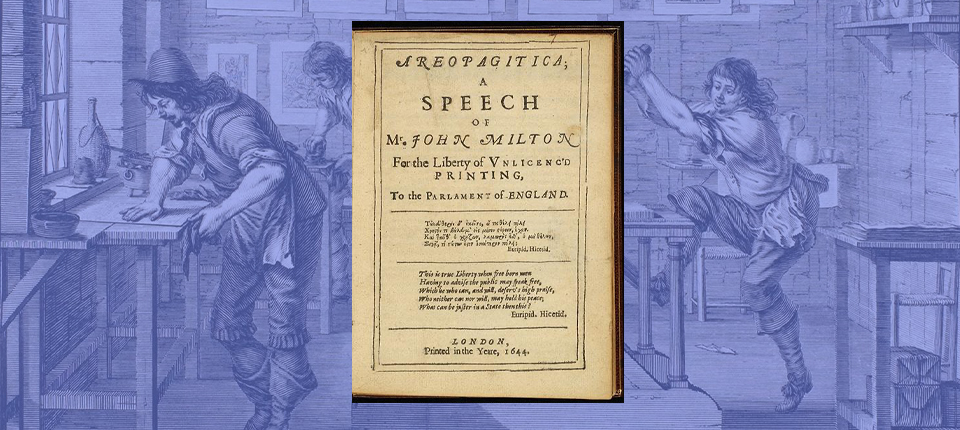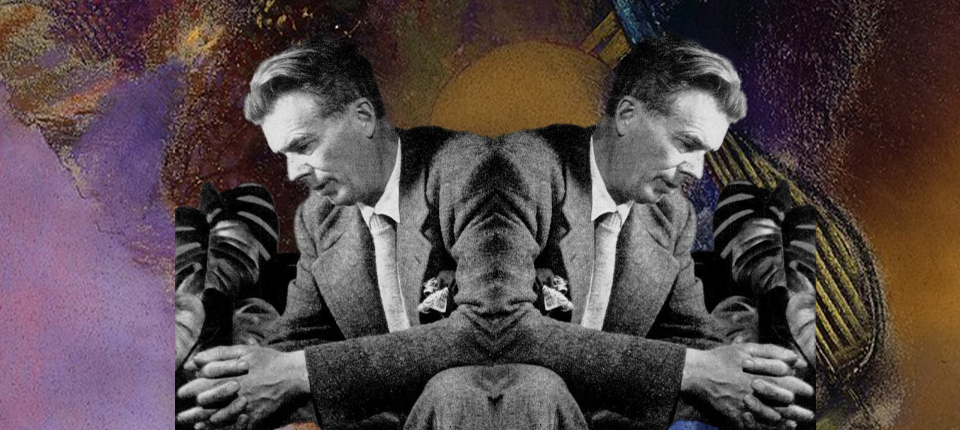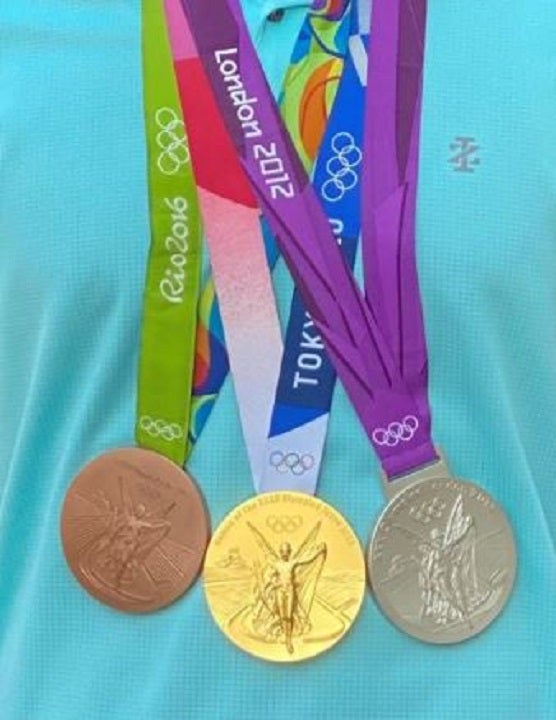The Time Traveler’s Wife appears to explore a world where time cannot be changed – but, in reality, Henry may simply not understand time travel.
This article contains spoilers for The Time Traveler’s Wife episode 2.
Henry believes time cannot be changed in The Time Traveler’s Wife, but that may not be the case. Time travel is a theoretical science, and any fiction dealing with the idea must develop its own rules. Precious few franchises actually do so in a consistent manner, largely because temporal mechanics usually serve as a plot device and are therefore secondary to character arcs. HBO’s new TV series The Time Traveler’s Wife, based on the best-selling novel by Audrey Niffenegger, is a classic example; as integral as time travel may be to the plot, the focus lies upon the relationship between Henry and Clare.
But, of course, Time Traveler’s Wife does have a time travel model. It’s not stated in conceptual terms, but rather in experiential ones, because for Henry time travel is a lived experience. According to Henry, time is fixed and it is impossible for him to change anything. He learned that at an early age when, as a grieving child, he desperately attempted to save his mother from a fatal car crash by warning her what was about to happen. And yet, for all that’s the case, the truth may be more complex than Henry believes.
The core problem lies in Henry’s first attempt to save his mother’s life. She angrily rejected it, an event that would clearly leave a grieving child even more traumatized. Correct or not, a belief in destiny becomes core to Henry’s understanding of time, and to the problematic relationship of The Time Traveler’s Wife. It is effectively self-reinforcing, precisely because Henry’s future self imposes this lens upon his younger iteration. In functional terms, it’s a time loop, but it isn’t necessarily correct.
There are countless different models of time travel. Many compare time to a river, suggesting there is a natural flow of events, and changing them is difficult – but not impossible. A large stone placed in a river forces the water to move around it, even if it doesn’t change the overall direction of flow. It’s quite possible, therefore, that Henry’s ill-advised attempt to save his mother’s life simply wasn’t a large enough disruption; it took the form of mere words, which could be dismissed with ease. According to this idea, Henry should have tried doing something more significant – for example, trashing his mother’s car before she could use it on one of his visits at the time of her death.
The Time Traveler’s Wife certainly changes the book, with hints Henry has more control over his power than he believes. Even Niffenegger’s novel suggests Henry doesn’t really understand as much as he thinks, because his daughter Alba has a degree of control. This raises the possibility Henry’s interpretation of time is based upon his own experiences, specifically his own trauma, and that everything he believes to be true is flawed. That includes the question of whether time can be changed.
On the face of it, then, The Time Traveler’s Wife exists in a world where history is fixed and a time traveler can do nothing to change his own personal past. The characters of The Time Traveler’s Wife – including Henry and Clare – therefore have no real free will at all. The truth may, however, be very different. HBO’s The Time Traveler’s Wife adaptation is written by Steven Moffat, of Doctor Who fame, and it wouldn’t be a surprise to see him introduce some twists.
New episodes of The Time Traveler’s Wife air on HBO Sundays at 9PM EST and release on HBO Max afterward. Subscribe to HBO Max here.
About The Author




























































